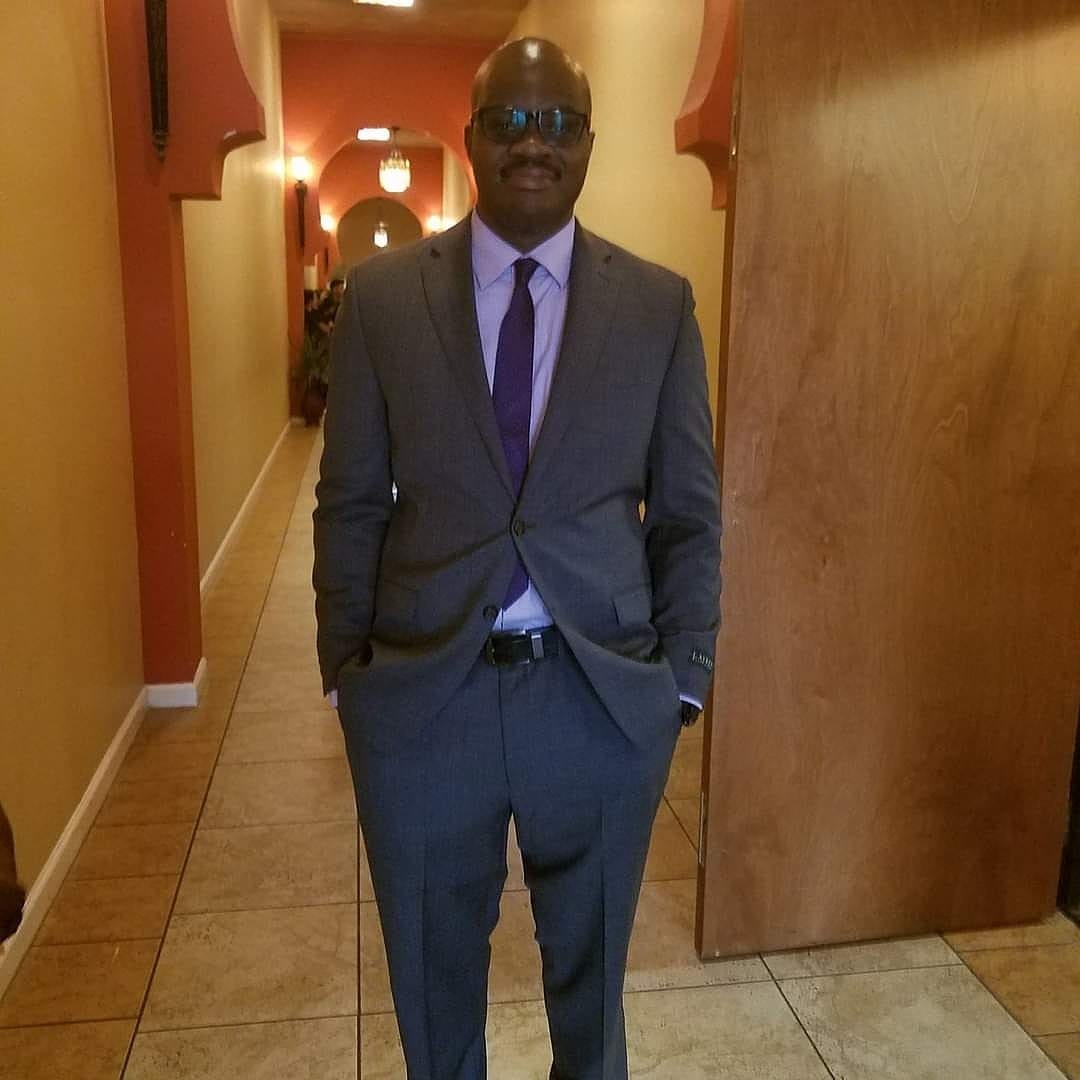Many people have anxiety – but not everyone has an anxiety disorder.
The Mayo Clinic describes clinical anxiety disorders as involving “repeated episodes of sudden feelings of intense anxiety and fear or terror that reach a peak within minutes (panic attacks).”
Different types of anxiety disorders include generalized anxiety disorder, social anxiety disorder and separation anxiety disorder.
Anxiety disorders may be more common than you think: About 31% of U.S. adults will experience an anxiety disorder over the course of their lives. Treatments range from therapy to medication to mindfulness.
Experts recommend seeking medical attention if anxiety is interrupting your work or other parts of your life; if you have suicidal thoughts, get medical care as soon as possible.
But what does an anxiety disorder really feel like? And what do people who are living with anxiety wish you knew? We asked them.
Key mental health definitions: What is languishing? Alonely? A mental health glossary to explain what you’re feeling
Stephanie Faucher
"I refer to my struggle days as going down the rabbit hole," Stephanie Faucher says. "These are the days when things may have slipped slightly out of balance and for some reason, an event that day causes it to tumble into a spiral of rethinking and overanalyzing every aspect of what occurred." (Photo: Courtesy of Stephanie Faucher)
Age: 25
Location: Raleigh, North Carolina
Occupation: Social Media Strategist
How she managers her “spiral days”: “I refer to my struggle days as going down the rabbit hole. These are the days when things may have slipped slightly out of balance and for some reason, an event that day causes it to tumble into a spiral of rethinking and overanalyzing every aspect of what occurred. Frequently, that spiral then expands to encompass any worry that I had over the past day, week, or even month. Now, I can recognize my warning signs and self correct either with my versions of self-help such as allowing myself to dive into books, doing yoga, or bullet pointing my thoughts to force my thoughts to slow down.”
One thing you wish people knew: “I think that people frequently associate the word anxiety just with the general feeling rather than understanding it is also the core part of a variety of diagnoses. While there will be similarities, not every anxiety is the same and everyone has to find their own management tools to work within the disorder.”
Erik Anderson
Age: 46
Location: Centerville, Utah
Occupation: Environmental scientist
What a symptomatic day looks like: “My mind races at full speed and there is an ongoing racing soundtrack of questioning, irritability, and blowing small things/events, conversations out of proportion and context. My nerves are buzzing, my stomach is churning and audible, I’m hyper-alert and yet fatigued, I feel a tightness in my throat, neck, and across my shoulders.”
Tools that work for him: “I imagine laying in a field and watching the clouds go by. I remind myself that sometimes the sky is brilliantly blue, sometimes there is a passing cloud, and sometimes there are thunderclouds with heavy rains and loud thunder. Just as the sky changes condition, anxiety sometimes just appears with little or no reason, but I know that just as the clouds break and the blue sky appears, so too will my anxiety and anxious feelings. Instead of trying to control the anxiety and spending time figuring out ‘why,’ I simply recognize it, acknowledge it and move on. Other days I reach out to my spouse, father or a close friend and ask them to just listen to me for a few minutes. Talking to someone that is not judgmental or trying to ‘solve’ my anxiety helps me work through it.”
One thing you wish people knew: “I wish people would know that there is a path through anxiety disorders and tools and methods to manage it.”
Important: Taraji P. Henson aims to erase mental health stigma for Black community ‘so it doesn’t feel so scary’
Uba Okereke
"When my anxiety is high, I tend to over think. I always look at things in the worst case scenario and always assume the worst," Uba Okereke says. (Photo: Courtesy of Uba Okereke)
Age: 34
Location: Houston, Texas.
Occupation: Regulatory services for the Texas Department of Health and Human Services
What a symptomatic day looks like: “When my anxiety is high, I tend to over-think. I always look at things in the worst case scenario and always assume the worst. I sometimes wish I could live a normal life when I’m not always on edge or always in survival mode.”
One thing you wish people knew: “I tell people to always have grace with those who suffer from anxiety. We are wired different and function a bit abnormal than most but we should be valued and loved by those closest to us.”
Susan Roylance
Susan Roylance (Photo: Courtesy of Susan Roylance)
Age: 61
On her better days: “I have days that are OK. But just ‘OK’ because you can always feel the anxiety right there are a panic attack just waiting for me to let down my guard. If I know I have to go out a week from now, I get anxious about it. I get anxious about things I (have done) already and the anxiety of having done them makes me anxious all over again.”
One thing you wish people knew: “Anxiety, just like a physical ailment, is real. It causes real, physical symptoms and if you can’t support or understand or help a person don’t make fun of them, don’t make light of what they are suffering.”
In case you missed: Hollywood has a sordid history with portrayals of mental illness. It’s trying to do better.
Cristina Morales
Age: 55
Occupation: Semi-retired.
One thing you wish people knew: “I’d like people to know it’s not their fault, it comes on for different reasons. Sometimes it seems like no reason at all. Doesn’t mean we’re weak or stupid. Best thing is with treatment it’s manageable. With teletherapy a lot of the stigma goes away.”
What a symptomatic day looks like: “When I’m anxious I typically can’t go out of my house. I cry a lot, once I ended up at the hospital feeling like I couldn’t breathe. Sometimes anxiety brings on asthma attacks.”
A call-out to her community: “I’d really like for Latinos to overcome the stigma in our culture and seek help when they need it. It helps.”
If you or someone you know may be struggling with suicidal thoughts, you can call the U.S. National Suicide Prevention Lifeline at 800-273-TALK (8255) any time day or night, or chat online.
Crisis Text Line also provides free, 24/7, confidential support via text message to people in crisis when they dial 741741.
For people who identify as LGBTQ, if you or someone you know is feeling hopeless or suicidal, you can also contact The Trevor Project’s TrevorLifeline 24/7/365 at 1-866-488-7386.
Source: Read Full Article





